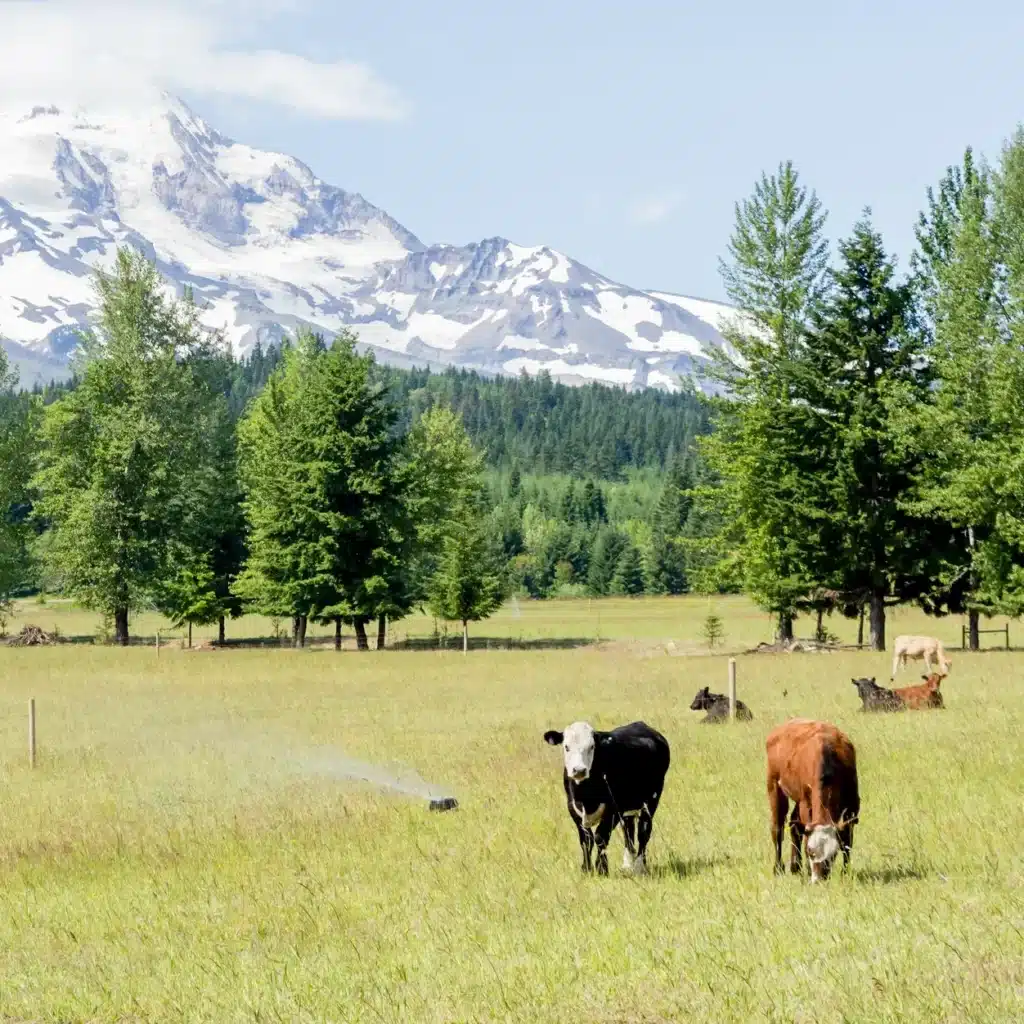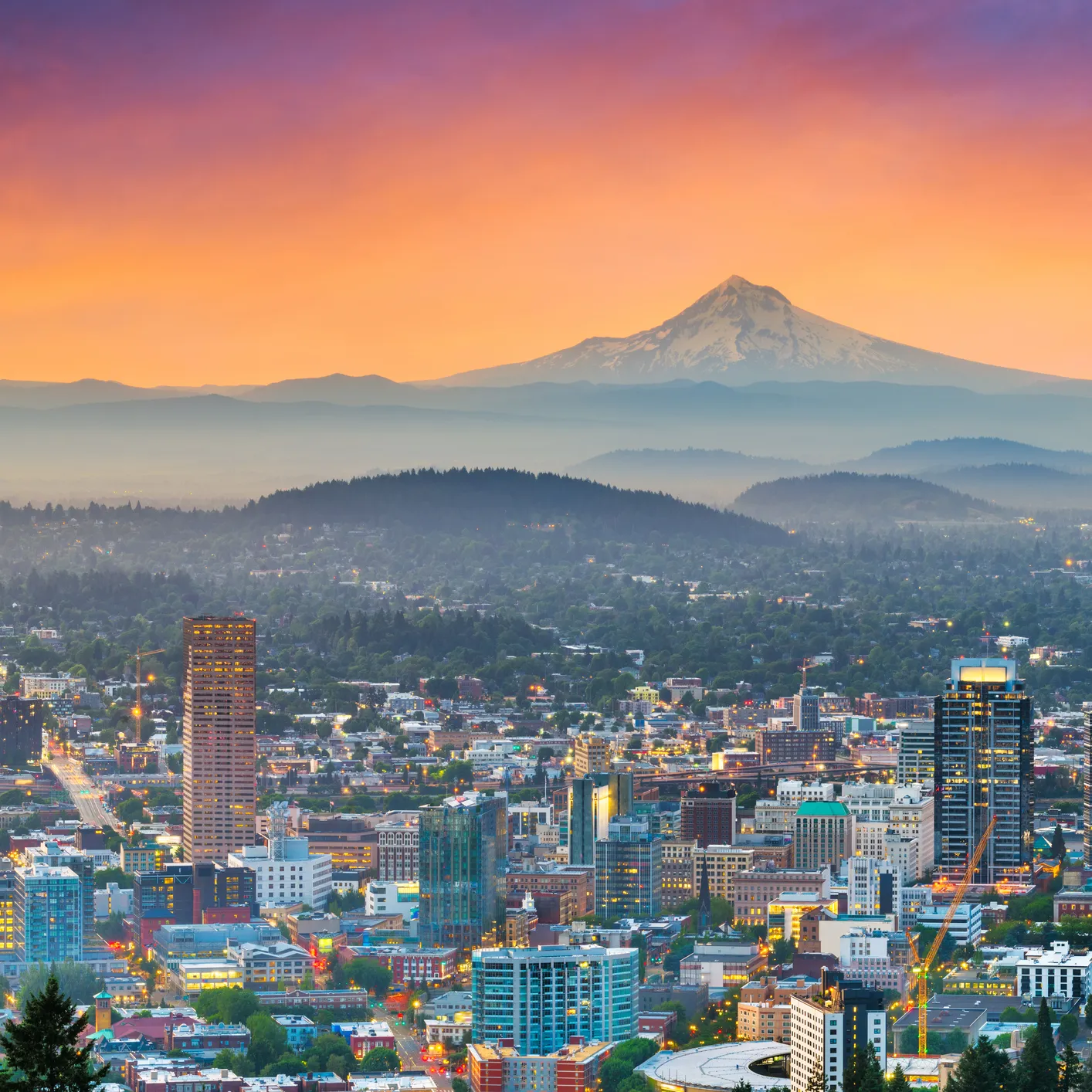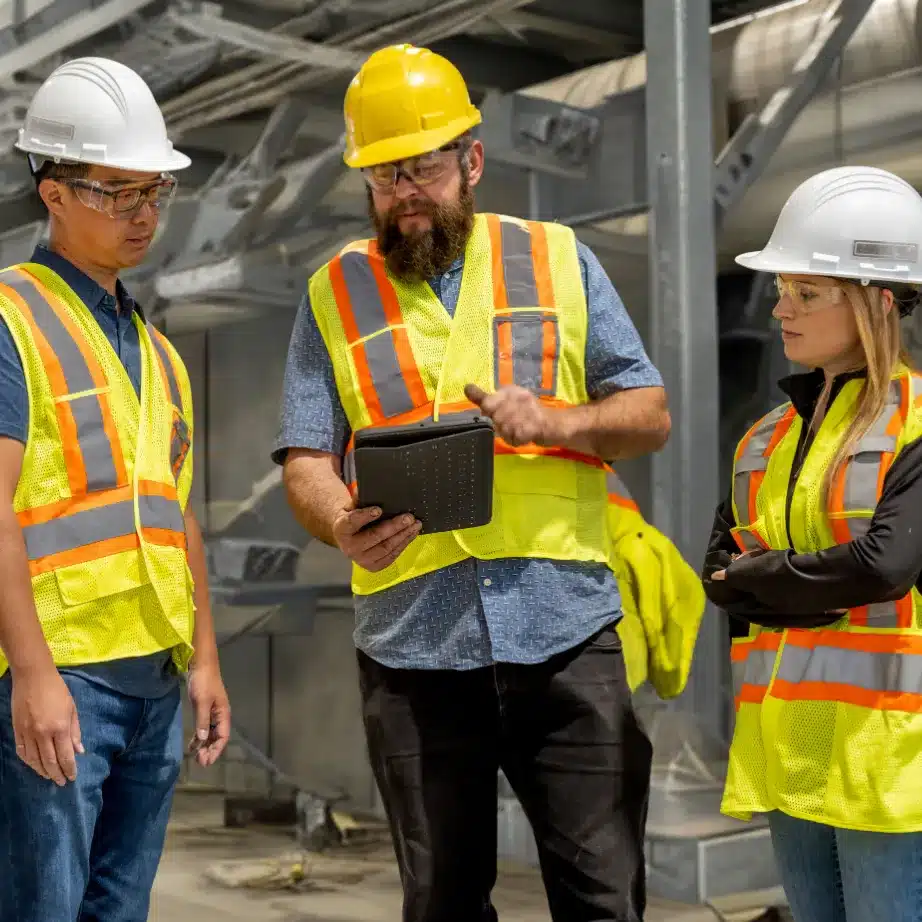Key Issues
When it comes to energy policy, the desire to ban energy sources is far from a winning proposition.
The NWCEC recognizes efforts not just in our region but across the entire country geared toward limiting your energy options. Sometimes, those efforts are blatant and are mandated by law at the state, local, or federal level. Other times they aren’t as obvious and can be buried in a bureaucratic process, like building code revisions or rulemaking.
In all instances, we are concentrating our efforts to stand against bans and overregulation on energy sources that impact energy affordability and dependability.
But it’s not just about fighting government overreach. It’s also about championing solutions that promote balanced policies and protect quality careers in the energy industry.
Opposing Bans on Energy Choice Options
Implications of Limiting Energy Choice Options on Housing Affordability
According to Census Data, Home prices in America increased by 118 percent from 1965 through 2021. At the same time, the median household income increased by only 15 percent.
What does this have to do with energy choice?
Well, renting homes has become expensive and buying a home has become even more difficult. Proposals around the country concentrating on banning natural gas in new construction only exacerbate this problem and make home prices rise even further, making affordability a more difficult goal to attain.
Requiring homes to become 100 percent reliant on electricity requires expensive retrofitting. That raises the cost of homes significantly. Data from the National Association of Home Builders indicate that for every $1,000 increase in the cost of building a home, nearly 118,000 families get priced out.
A study conducted by the American Gas Association (AGA) found that in the regions they examined, if 60 percent of the residents converted from gas to electricity by 2035, the average household would see an annual increase of more than $1,400 in heating costs alone.
With average household incomes not able to keep pace with these rising costs, where is that money coming from?
Pushing policies that risk increasing the cost of living is wholly irresponsible and impacts millions of Americans. Low-income households would likely be hit hardest by these policies. A recent study conducted by Oxford Economics on City of Seattle’s electric heating mandates maintains just that.


Cities Say Limiting Energy Choice Options Provide Very Little Climate Benefit
When it comes to climate change initiatives, the desire to ban natural gas is far from a winning proposition. According to the American Gas Association, implementing national electrification would reduce greenhouse gas emissions by as little as one percent by 2035. In Oregon, while there is no statewide analysis looking at this issue, the City of Eugene and the City of Portland conducted their own assessments on the greenhouse gas emissions benefits of banning natural gas. In July 2022, the City of Eugene disclosed analysis showing the potential benefit of banning natural gas in new construction to be a 0.1 percent of emissions reduction for residential buildings and 1.7 percent emissions reduction for commercial buildings in 2037. Also in July 2022, the City of Portland Bureau of Planning and Sustainability published a technical memo, Portland Decarbonization Pathways Analysis, showing a one percent emissions reduction benefit by 2050 of banning natural gas in new construction.
The question for policymakers: Does removing energy system diversification and energy choice, while risking reliability and closing the door on a mix of solutions to address climate change make sense?
Limiting Energy Choice Options Takes Clean Energy Solutions Off the Table
Gas bans eliminate the possibility for consumers to have access to climate friendly renewable energy sources, like renewable natural gas – an alternative energy source that is growing in popularity and can be delivered through the existing natural gas infrastructure.
A recent survey of voters in Milwaukie, Oregon by a respected and nonpartisan firm DHM Research found that an overwhelming 76 percent of voters support Milwaukie City Council’s encouragement of the use of renewable natural gas. Thanks to recent advancements, the gas system can now be used in new, innovative ways to heat homes and businesses. Innovative technology allows greenhouse gas emissions from waste streams produced at farms, wastewater treatment plants, and landfills to be turned into renewable natural gas, which is critical to lowering emissions much like wind and solar energy.


Keeping Energy Affordable and Dependable
Here in the Pacific Northwest, the cost of living is rising at an unsustainable rate, particularly impacting communities with lower or fixed incomes and underserved communities, including communities of color.
Taking away energy options could make the cost of living even less affordable. Instead, we need to keep a mix of different energy sources to make sure our energy is not only affordable but also dependable and clean. A diverse energy system – with renewable electrons delivered over wires and renewable molecules delivered underground via the natural gas infrastructure provides a hedge against potential reliability risks while supporting our shared climate goals.
There must be a good balance between making sure our energy is sustainable and that it doesn’t cost an arm and a leg, especially as we keep producing new technologies and better ways to build things. To that end, it’s important to keep working on energy solutions that are good for our wallets and the planet, while ensuring that we can rely on an energy system that keeps the lights on and our families warm.
Promoting a Balanced Approach to Energy Policy
A balanced approach to energy policy entails utilizing a diverse array of energy sources to meet our energy needs. By diversifying our energy sources, we reduce dependence on any single energy supply, which enhances energy security and resilience to supply disruptions, weather-related uncertainties, and periods of high demand. Furthermore, a diverse energy portfolio supports economic growth by fostering innovation, job creation, and investment across various sectors of the economy, including energy production, manufacturing, and technology development.
It’s also important to note that different regions have varying energy resources and infrastructures. A balanced approach ensures that all communities have access to dependable and affordable energy, resulting in equitable outcomes.
By leveraging a mix of energy sources, we can address multiple challenges and opportunities in the energy sector while advancing broader societal goals.


Protecting Quality Careers in the Energy Sector
What always seems to be lost in the debate about energy choice is the people. And not just the consumers who want or need that choice, but those who provide it – namely the thousands of folks here in the Pacific Northwest who are skilled union and non-union workers.
The construction and maintenance of natural gas infrastructure, including pipelines and processing facilities, requires a highly skilled workforce. Welders, pipefitters, equipment operators, and other tradespeople play a crucial role in building and maintaining the infrastructure that brings this valuable resource to our homes and businesses. Preserving natural gas as a part of our region’s energy mix assures these workers of long-term, quality career opportunities and the chance to evolve alongside the industry.
